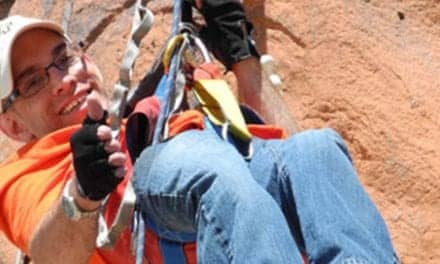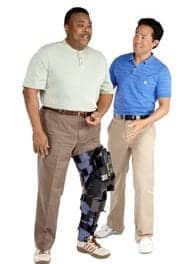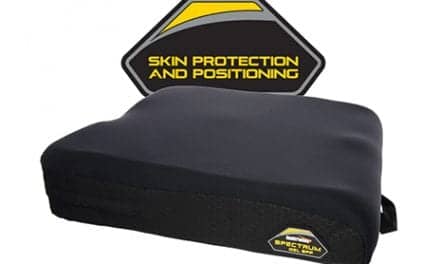Representatives from Colorado-based Sunrise Medical, a manufacturer and marketer of medical products and assistive technology devices that address the recovery, rehabilitation and mobility needs of consumers in institutional and homecare settings, recently praised the efforts of the mobility industry, consumer advocacy and clinical communities, as well as the CMS representatives who carefully considered the presentation of key factors leading to the November 10 announcement by CMS regarding power rehab chairs and new considerations on sanctioned allowables.
In this latest announcement, CMS made known that further revisions will be made to allow suppliers to bill separately for expandable controllers furnished with groups 3, 4, and 5 multi-power option wheelchairs. In addition, CMS has given assurance that they will continue to analyze data provided by manufacturers over the next couple of weeks and make fee schedule adjustments where needed.
These considerations were in response to the fact that greatly-reduced pricing on power mobility devices would detrimentally impact individuals with disabilities by placing them in potentially inappropriate devices while seriously and negatively impacting the entire HME community.
According to Rita Hostak, NCART president and vice president of government relations at Sunrise Medical, This is a demonstration that the rehab industry can unite and work together to have an effective and constructive dialogue with CMS. If there had not been an adjustment of this type for multi-power option bases, then we would have experienced disastrous and long-lasting negative impacts on the entire rehab community end users, clinicians, referral sources, dealer providers, manufacturers, everyone.
“This is a strong signal that when we work togetherunder the auspices of NCARTwe can present credible and defensible positions. This effort demonstrates not only that our voices will be heard in Washington, but that we can achieve positive outcomes that are fair for all parties,” Hostak says.
Sunrise Medicals platform is that the alterations to previously announced prices for Group 2 and Group 3 chairs were especially beneficial. Per the changes to allowables in Group 3 policies, the company feels that individuals with power mobility needs of this type will now be able to access appropriate technology.
Hostak believes that everyone in the rehabilitation and physical medicine community wants to improve peoples lives by providing high-quality products and services that are appropriate for the functional needs of the individual. She also notes that the decision by CMS to remove the fee schedules in Groups 4 and 5 was another significant change to the initial pricing polices. She said this will permit Medicaid to continue to support people with complex power mobility device needs that go beyond the four walls of the home. It is crucial that individuals with complex mobility needs have access to community services and equipment that allows them to go to school, return to work, attend religious services and be involved in their families and communities. Rehab products and services are about assisting individuals in being independent; living life as fully as possible.
“Sunrise views this as a positive learning experience, says Hostak. We can work together and be effective in Washington only when we team up under organizations like NCART. We need to ensure that NCART continues to receive broad industry support and keep up our campaign to disseminate key facts that can be communicated and effectively used with the people who make important policy decisions. After all, were here to work for the common good of our industry and the people we are all here to serveindividuals who need and use power mobility and rehab products.




